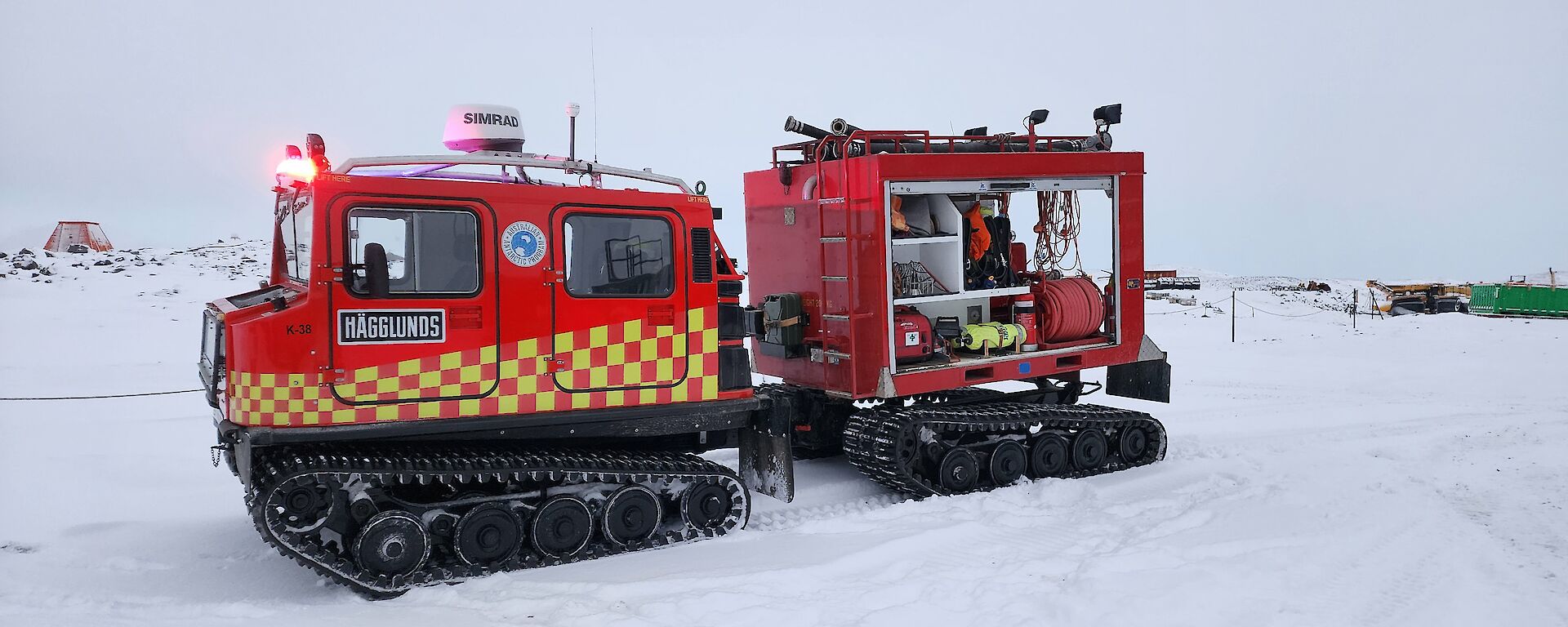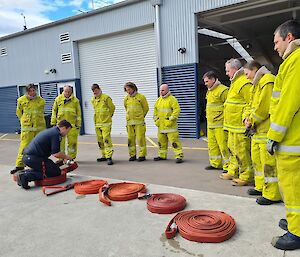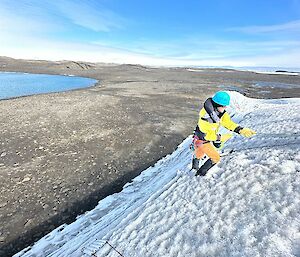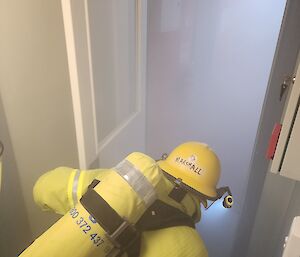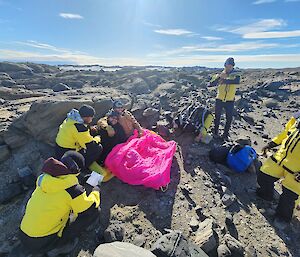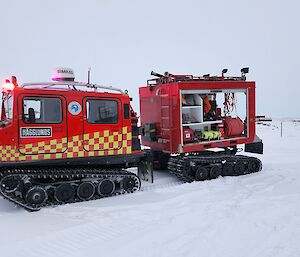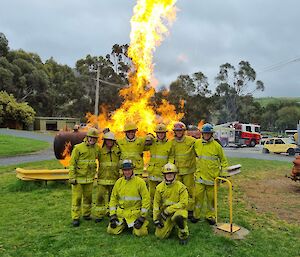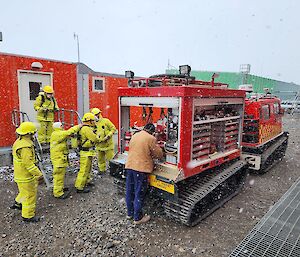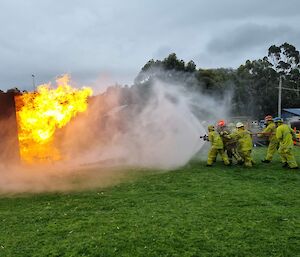When you think of an Antarctic station you may notice it resembles a small town or community, and it is exactly that. Although, it is a very long way from any kind of emergency service that you might be used to getting to respond to a 000 call.
Down here we are all we have got for a lot of the year, with virtually no way to get in or out. So with that in mind I will tell you what we have to keep ourselves out of trouble.
This year at Davis we have a very diverse team of expeditioners full of knowledge with a vast array of different skills. Some already have experience in emergency response teams (ERT), like myself, where emergency response, including fire and rescue, is a part of my day to day life back home.
But if ERT is not in your skill set that is ok. If you are selected to be part of an ERT you will be trained in any aspect you are required, whether it be for lay surgical assistant (a dedicated specialised team to assist the doctor) or for the other teams that I will talk about here - fire, and search and rescue.
Search and rescue (SAR) as you could imagine is not a common activity, as most of the time everyone is around station. Every now and again someone will injure themselves in the field and that is where the SAR team steps in to plan and execute a retrieval or assist anyone needing help.
Fire is not something you immediately think of being a problem down here, where it is cold and there is nothing but snow, water and rocks. But a building fire is quite possibly one of the most serious incidents that could happen on station. This year we have 17 people on the station fire team, with many of them trained during predeparture by the Tasmanian Fire and Rescue Service. This was a great experience for all who attended and I’m sure a highlight of training back in Hobart, with live structure fires, car fires and gas fire training.
Since then we have done a number of on-station training sessions, from cold weather firefighting techniques to missing persons in a smoke-filled building, requiring breathing apparatus entry. And hey, who doesn’t love some fire training to break up the work week?
Tas
Fire Chief

